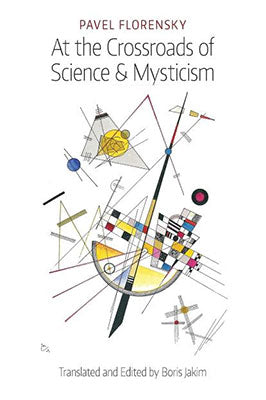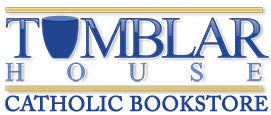

On the Cultural-Historical Place and Premises of the Christian World-Understanding
The present volume represents the most substantial theological contribution in Pavel Florensky's great multi-volume "anthropidicy," At the Watersheds of Thought: The Elements of a Concrete Metaphysics. Florensky argues that his epoch (the early 20th century) bore witness to a spiritual shift in the direction of a revitalized Christian world-understanding. In modern times, the Renaissance world-understanding, which is anti-Christian in nature and whose treasure lies in man, had replaced the Medieval world-understanding, which is Christian in nature and whose treasure lies in God. But the rationalistic Renaissance culture was now coming to an end, to be replaced by a new Middle Ages, a coming period to be characterized by the fusion of science and mystical faith-an epoch of discontinuity, of abrupt leaps into reality rooted in the life of the spirit, destined to replace the former mechanistic world-view. This change, Florensky maintains, will touch on every aspect of life and every discipline of knowledge. A revitalized Christianity will emerge which will find its experiential validation both in mysticism and in scientific inquiry.
Editorial Reviews
"Pavel Florensky was one of the most important thinkers within the Russian sophiological tradition. This welcome new translation of a selection of his essays provides an excellent introduction to his thought, whose relevance to the early 21st is even stronger than its relevance to the early 20th century."--JOHN MILBANK, University of Nottingham, author of Theology and Social Theory
"The present volume--another invaluable translation by Boris Jakim--displays not only Florensky's boldness of thought, but also the true expansiveness of his knowledge in such disparate domains of investigation as patristics, linguistics, art history, mathematical theory, philosophy, and scientific method."--ROBERT F. SLESINSKI, author, Pavel Florensky: A Metaphysics of Love
"Boris Jakim's translation, vivid and accurate as always, represents a valuable first step towards the dissemination of Pavel Florensky's later thought. The publication of Florensky's later work will stimulate a substantial re-assessment of Florensky as a philosopher."--ROBERT BIRD, Department of Slavic Languages and Literatures, University of Chicago
BORIS JAKIM is a leading translator of Russian philosophy and literature. He has translated books by S. L. Frank, Pavel Florensky, Vladimir Solovyov, Sergius Bulgakov, Alexander Blok, and Fyodor Dostoevsky.
